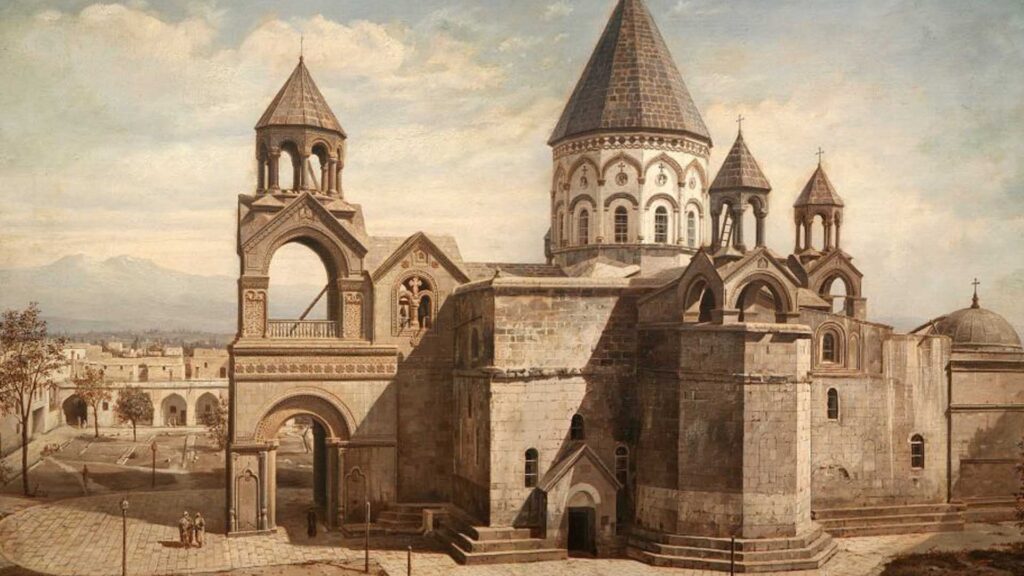
Sabbath and Sunday Observed Simultaneously
A growing number of Christians observed both Sabbath and Sunday during the fourth and fifth centuries. The so-called Apostolic Constitutions from the fourth century taught that the Sabbath ought to be observed because it is the memorial of creation, and that slaves should be worked only five days a week so that on Sabbath and Sunday they might have leisure to attend church. About this same time, Psuedo-Ignatius taught that both days should be observed: “Let us no longer sabbatic in a Jewish manner, (and) rejoicing in holidays, …but let each one of you sabbatic spiritually, rejoicing in meditation on the law, not in rest of body, not eating stale things and drinking lukewarm things and walking measured distances and enjoying dancing and plaudits which do not have sense. And after the sabbatizing, let every friend of Christ keep as a festival the Lord’s (day), the resurrection-day, the queen, the chief of all the days” (Ignatius, Epistle to the Magnesians, chap. 9).
Late in the fourth century, Asterius of Amasea, a bishop in Pontus, spoke of Sabbath and Sunday as “sisters”, while Gregory of Nyssa referred to the two days as a “team.” He wrote, “It is beautiful to Christians and to the industrious that the team of these two days comes together; I speak of the Sabbath and the Lord’s day, which time in its course brings around weekly. For as mothers and nurses of the church they gather the people, set over them priests as instructors, and lead both disciples and teachers to have a care for souls” (Asterius of Amasea, Homily 5, on Matt. 19:3).
In the middle of the fifth century, Socrates of Constantinople wrote that it was then common for churches to worship on both Sabbath and Sunday. He noted that this was then being done in “almost all churches throughout the world” except, on account of an “ancient tradition,” in Alexandria and Rome. “Although almost all churches throughout the world celebrate the sacred mysteries on the sabbath [Saturday] of every week, yet the Christians of Alexandria and at Rome, on account of some ancient tradition, have ceased to do this” (Socrates Scholasticus, Ecclesiastical History, bk. 5, chap. 22).





